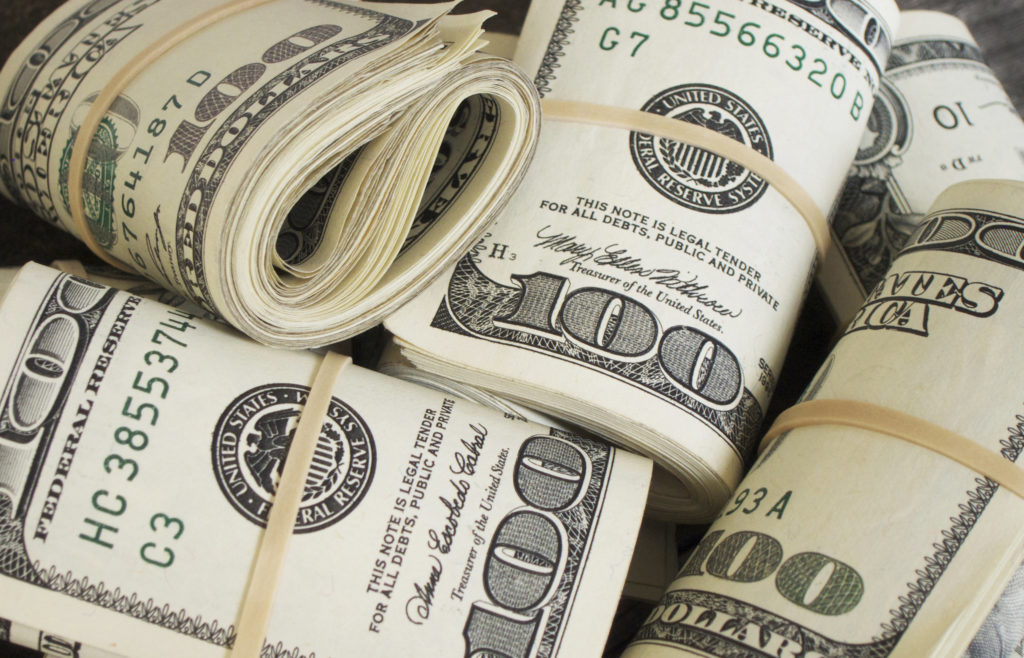Online pharmacy startup 1mg, has announced closure of a $70 million funding round led by Corisol Holdings, a European household workplace, alongwith the participation from the World Bank’s investment arm IFC, at a valuation of around $200 million.
The Series D round additionally noticed participation from South Korea’s Redwood Global and Korea Omega Healthcarefund coming onto 1mg’s cap desk. Existing investors Sequoia Capital, Maverick Ventures, HBM Healthcare investments, Omidyar Network and Kae Capital also participated within the funding spherical.
Headquartered at Gurugram, the startup seeks to utilise the funding to scale up its lab enterprises across 100 cities, its e-pharmacy business to tier-III towns and villages, and advance its data science workforce to design and build new products like, digital physicians and AI powered health bots. “In terms of geographic coverage, we want to have a comprehensive coverage of all of India,” said Prashant Tandon, CEO of 1mg. “We’re setting up the supply chain, logistics and infrastructure to make this happen, and are shoring up on partnerships.”
1 mg claims that it has served about 70 million unique patients in the last year across its varied businesses including pharmacy, diagnostics and consultation. It is now striving for raising its revenues by four manifold in the current fiscal, on the back of increased protection in addition to spending on advertising and promotions. The firm also plans to amplify its offline existence.
“1mg’s patient-centric integrated healthcare platform and tech-enabled business model will bring transparency and accountability to the pharmaceutical supply chain and diagnostics services,” said Ruchira Shukla, regional lead for South Asia at IFC.
1mg has unveiled seven merchandise until now and is also widening up its role in private labels. Though, it plans to work with manufacturers on contract basis to expand the same significantly.
The company seeks private labels, fetching higher margins, to contribute 10% of its revenues in the next 12-18 months. “Right now the benchmark we’re taking is Apollo Pharmacy, which drives around 10-12% of its revenues from private labels,” Tandon said.
The Tech Portal is published by Blue Box Media Private Limited. Our investors have no influence over our reporting. Read our full Ownership and Funding Disclosure →




